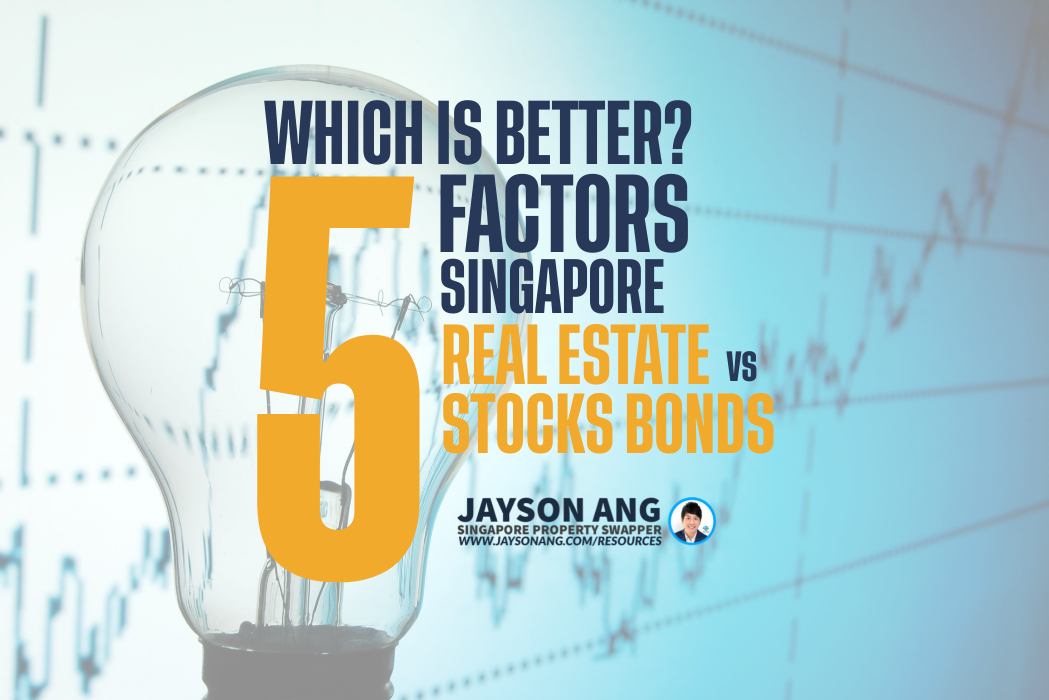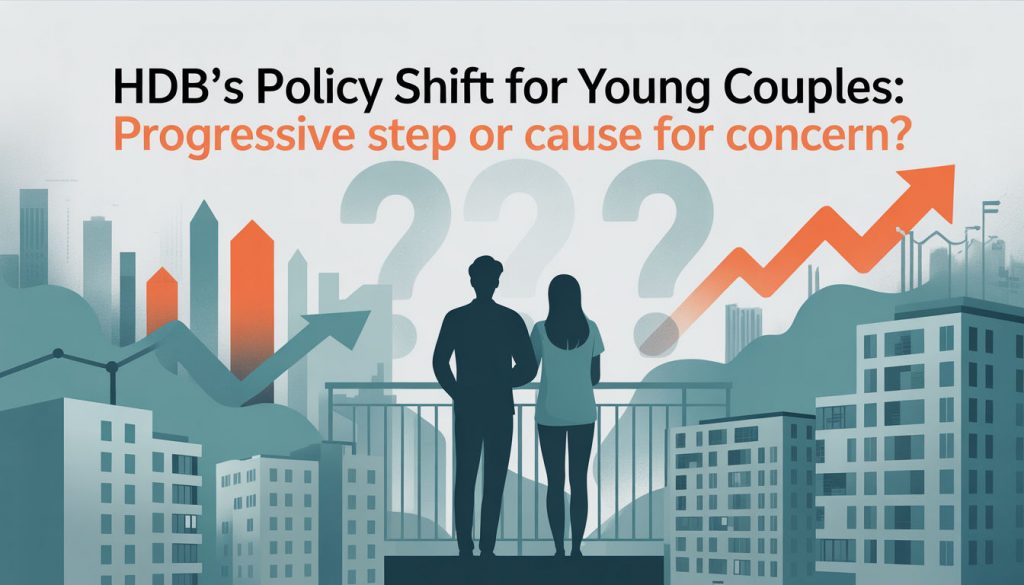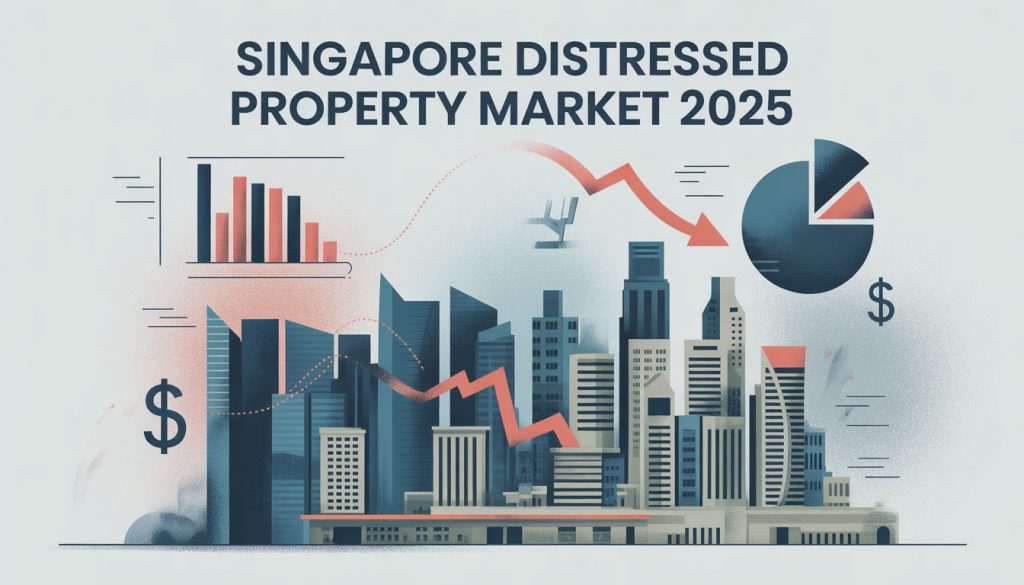Investing is an essential aspect of wealth creation and financial planning. With a plethora of investment options available, it can be challenging to decide which asset class to invest in. In Singapore, two popular investment choices are real estate and stocks and bonds.
We will discuss the top five factors to consider when comparing Singapore real estate investing with stocks and bonds, helping you make an informed decision.
1. Historical Returns:
Historically, investments in Singapore real estate have earned an average of 3% to 4% per year, while stock market indexes have generated approximately 10% annually over the long-term. However, past performance does not guarantee future results, and each investment carries its own set of risks and rewards.
2. Tangibility:
Real estate is a physical asset that can be seen, touched, and used, making it a more concrete and tangible investment than stocks or bonds. This tangibility can provide a sense of security for investors, as they can directly observe and manage their investment properties.
3. Income Generation:
Real estate investments can generate income through rent or lease payments, providing a steady stream of cash flow for investors. In contrast, stocks and bonds may offer dividends or interest payments, but these are typically less consistent and may fluctuate based on market conditions.
4. Risk Tolerance:
Investing in real estate generally involves lower risk compared to stocks and bonds, as property values tend to appreciate over time. However, real estate investments may require more significant upfront capital and ongoing management, which could be a deterrent for some investors. On the other hand, stocks and bonds offer a more passive investment option, allowing investors to diversify their portfolios and potentially benefit from market fluctuations.
5. Investment Options:
Singapore offers various investment options within both real estate and stocks and bonds. For example, investors can choose between residential, commercial, or industrial properties, or invest in Real Estate Investment Trusts (REITs) for a more affordable option. Similarly, stocks and bonds can be invested in through Exchange-Traded Funds (ETFs), Fixed Deposits, Regular Shares Savings (RSS) Plans, Robo-Advisors, and Singapore Government Securities.
Ultimately, the decision to invest in Singapore real estate or stocks and bonds depends on your financial goals, risk tolerance, and investment preferences. Both asset classes have their advantages and disadvantages, and it is essential to carefully consider these factors before making an investment decision. By understanding the differences between real estate and stocks and bonds, you can make informed choices that align with your financial objectives and help you achieve long-term financial success.
Should You Buy, Sell or Wait?
If you’re reading this, you must be trying to figure out the best course of action right now: is it the right time to buy or sell?
It’s difficult to give an exact answer since everyone’s situation is unique and what works for one person may not necessarily work for you.
I can bring you a wealth of on-the-ground experience and a data-driven approach to provide clarity and direction. From beginners to experienced investors, our top-down, objective approach will help you on your real estate journey.
I can help you by:
- Offering Strategic Real Estate Advice – I can help create a comprehensive plan to guide you through your property journey.
- Connecting Your Home with the Perfect Buyers – Through stunning visuals, an effective communication strategy, and an in-depth knowledge of the market, we’ll ensure your home is presented in the best possible way to fulfill your goals.
You May Also Like …

















































































